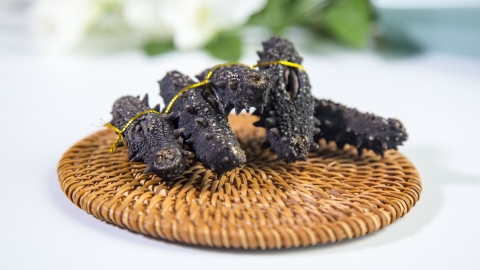Is the zinc content high in sea cucumbers?
Generally speaking, sea cucumbers are not high in zinc content. Detailed analysis is as follows:

The zinc content of 100 grams of hydrated sea cucumber typically measures around 0.5 milligrams. This level is relatively low compared to other common foods. In comparison, oysters, lean meats, and nuts contain significantly higher levels of zinc; therefore, sea cucumbers are not considered an ideal choice for supplementing zinc.
Although sea cucumbers are naturally low in zinc, they can still serve as a complementary nutritional ingredient in specific situations. When consumed together with other zinc-rich foods such as pork liver or sesame seeds, the overall zinc intake of the diet may increase. Additionally, other nutrients present in sea cucumbers, such as protein and sea cucumber polysaccharides, may work synergistically with zinc to aid the body's absorption and utilization of nutrients, although their effectiveness in supplementing zinc is not particularly significant.
When there is a need for zinc supplementation during sea cucumber consumption, it is recommended to pair them with zinc-rich ingredients. Additionally, other zinc-rich foods such as shellfish and legumes can be consumed to fulfill the body's zinc requirements, rather than relying solely on sea cucumbers for zinc supplementation.







